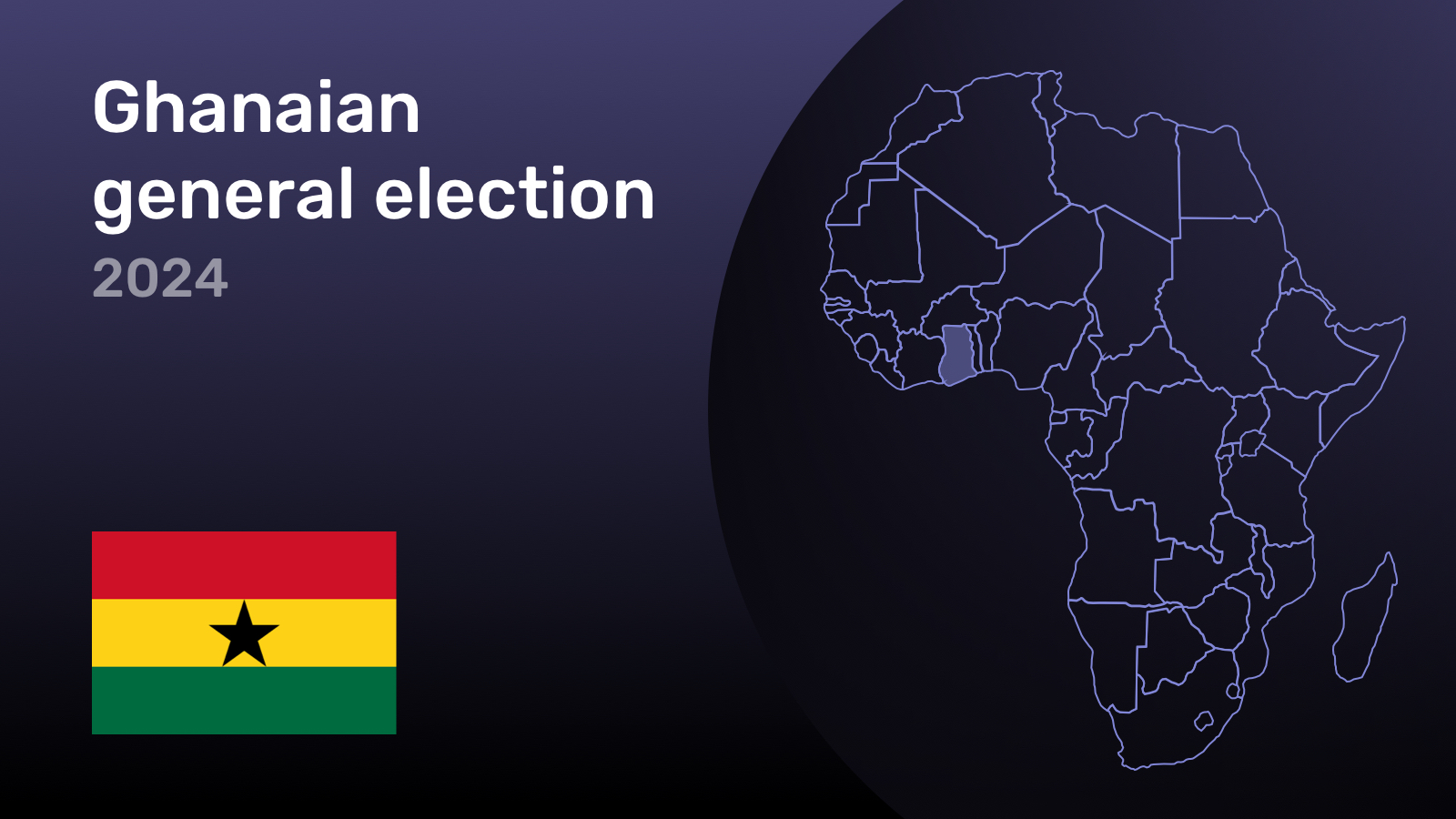A network of 171 phoney accounts on X (previously Twitter) was exposed on November 12, 2024, as trying to steer the next Ghanaian elections.
Automated bots created these accounts to spread false information and control online conversations. The announcement raises concerns about electoral integrity as Ghana prepares for a critical election.
The Ghana Commission for UNESCO has launched a campaign titled “Verify First, Share with Caution” to combat misinformation and highlighting the need for media literacy among citizens.
Read also: Nigeria to use AI to improve its elections through ‘Naija Elections’ App
What role do social media play in spreading misinformation?
In Ghana, misinformation and disinformation are big problems for the country’s government, especially during elections. Although misinformation is often spread by accident, disinformation is made on purpose to trick people.
As the Kofi Annan Foundation states, “Misinformation can sway voter perceptions and distort political debates,” which undermines the electoral process.
With the rise of social media, it’s easier for fake information to spread quickly, which makes politics more difficult. Researcher Samantha Lai notes that “social media platforms are fertile grounds for disinformation” due to their vast reach and ease of sharing.
Read also: Democracy day: Nigerians react online to President Tinubus’s fall
Disinformation: a growing threat to Ghana’s democracy
Ghana’s democratic integrity is seriously in jeopardy due to the existence of these phoney accounts. In a political climate of violence and corruption, skilled misinformation could make voters even less happy.
Experts warn that misusing technology during elections can lead to contested results and lower voter turnout. A report from the International Republican Institute emphasises that “the swift dissemination of false information via social media compromises the validity of election results.”
As Ghana’s polls approach, it’s important to find effective ways to combat false information immediately.
The Ghana Commission for UNESCO’s campaign promotes media literacy and responsible sharing to help citizens tell the truth from deception.
This project protects democracy and empowers voters to make informed decisions based on facts, not lies.




